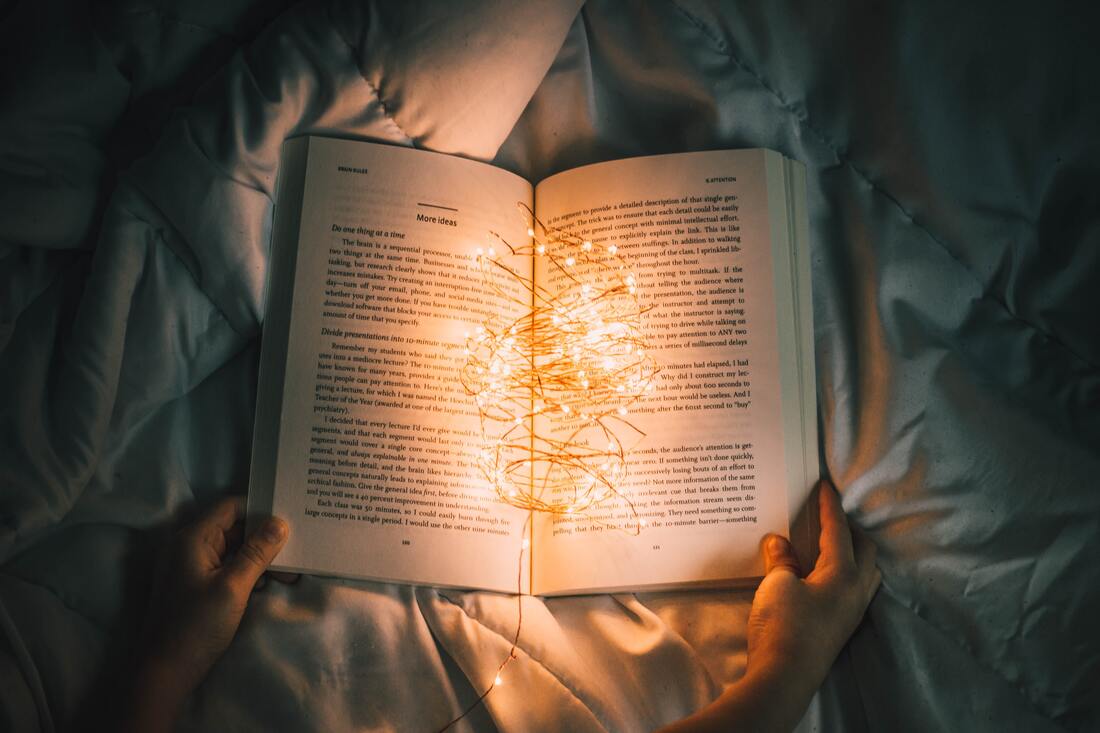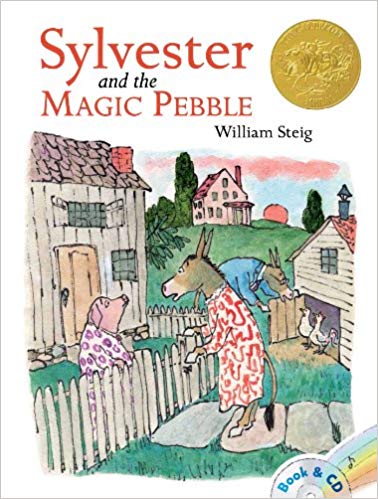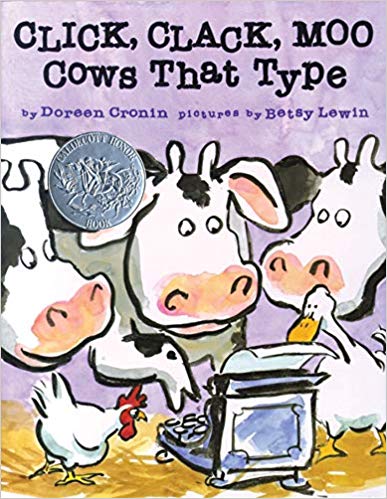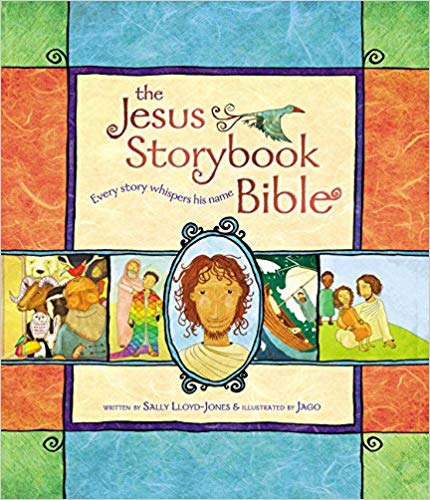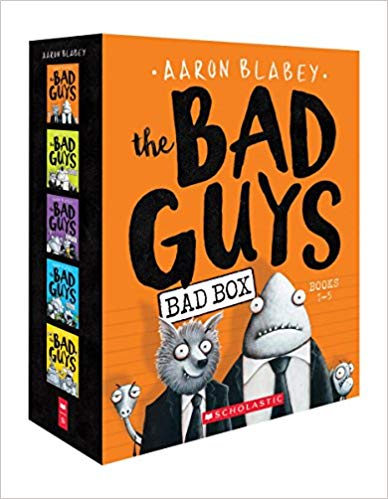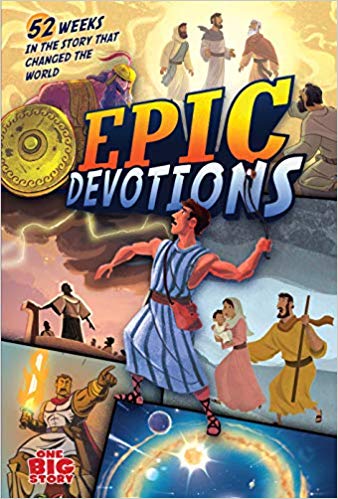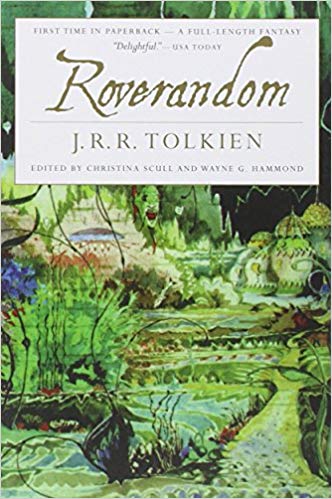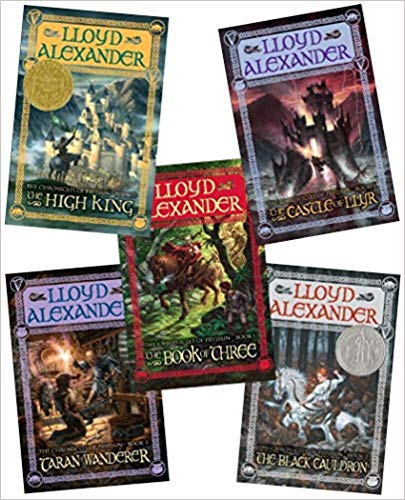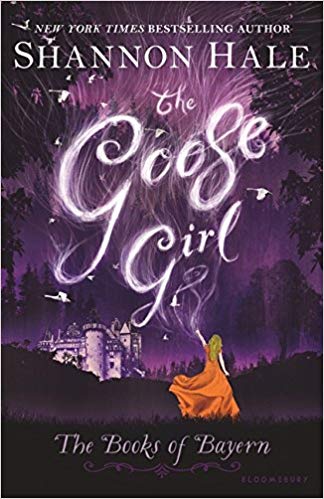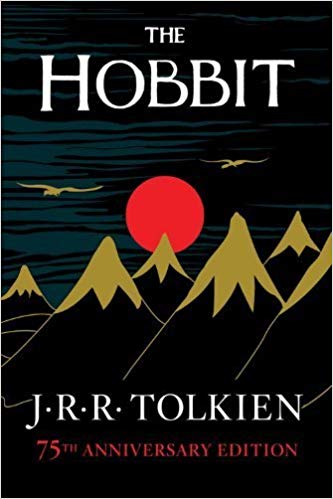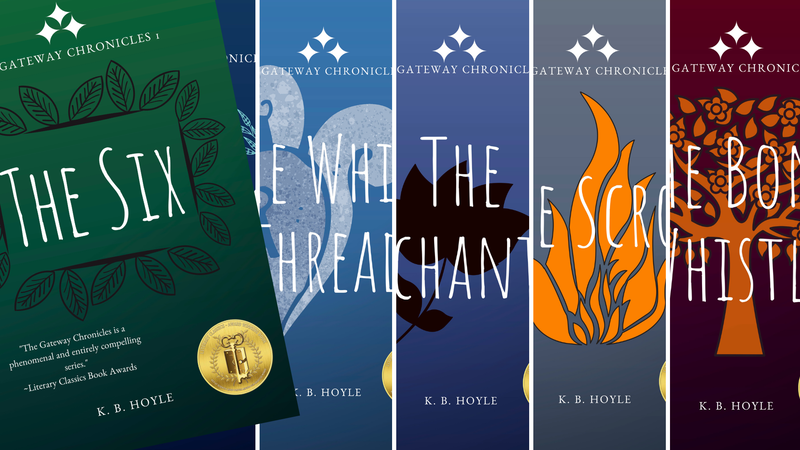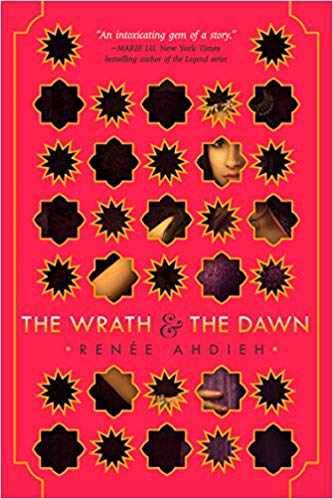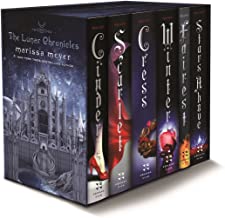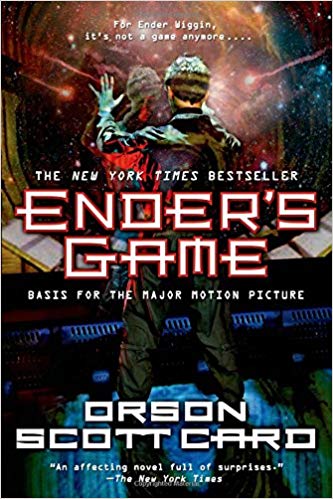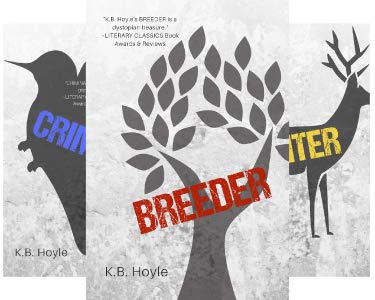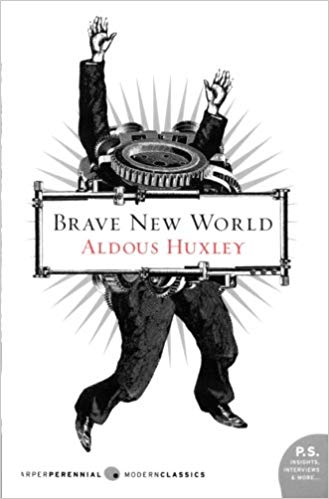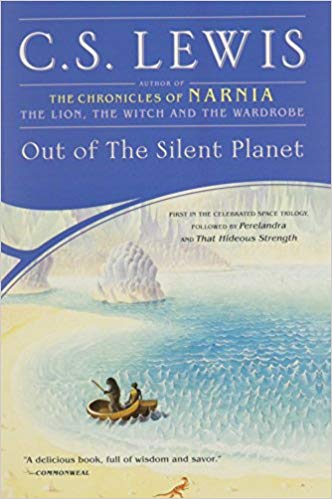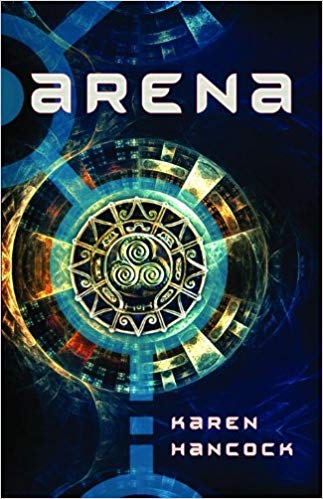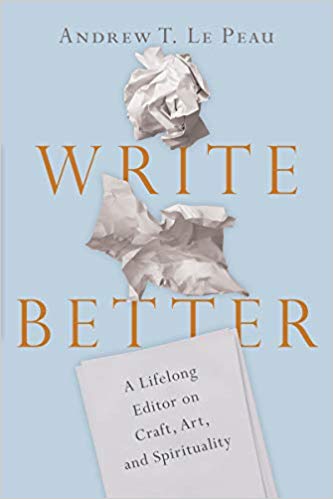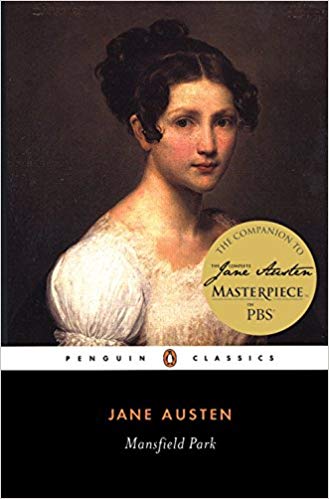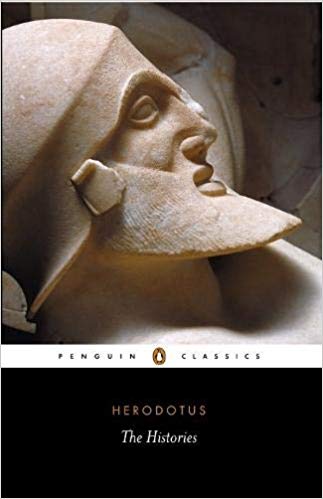|
6/25/2020 0 Comments Writing Without Motivation Photo by Steve Johnson on Unsplash I am a novelist, and I do not feel like writing right now.
Don't get me wrong—there's nothing I love more (creatively and professionally) than writing a novel, but right now I just don't have the motivation for it. We're over a hundred days in to a crippling global pandemic in the US, I'm acting as emotional counselor and feelings manager and general household referee to my four rambunctious boys (who haven't seen any other children but themselves since early March), most of my daily energy goes into keeping the boys fed and not too loud so my husband can work from home, and in the in-between time I am trying to not go crazy myself. Oh, and manage my writing career. Because here's the thing: writing is my career. I don't have another day job, which in a way was very, very good. When the pandemic shut the country down, I didn't have to worry about being furloughed or laid off, and I also didn't have to worry about transitioning to a work-from-home scenario—like my husband. I was already home and available to receive my kids and take over as manager of their home education. We've been incredibly fortunate that our finances have been secure and that aside from the massive shift in our daily routines, at least we have security and peace of mind. But, overnight, my ability to prioritize my career during daytime hours got thrown out the window. My husband is the breadwinner; my income is supplementary. His hours are static and mine are flexible. We had a way to make it work, and so we did—and for as long as we need to shelter-in-place, we will. I'm not resentful of the need to put my children first. But I think all work-from-home parents feel this tension between the need to get work done and the needs that your children have for your attention, your time, and your expressions of love. And not just the tension between those two, but in discerning the difference between needs and demands. Frankly, it's exhausting. One of the things I was noting to my husband today is that I used to be able to take a break when I needed it, but now the ability to get away is gone. I miss going to a coffee shop with my laptop for a couple of hours just to write. I can't ever really get away these days. Early in this crisis I felt that my anxiety had stymied my creativity. Now I'm calmer, but I still feel a lack of motivation to buckle down and write. I think it must be an aspect of the suffocation of always being in one place—and always surrounded by my people. It doesn't matter how much I love them; there is a constancy to the noise. But. I am a writer—this is my job, which means I do it whether or not I feel like it. I can't choose to settle into it when inspiration strikes after I've already made money doing something else. And although my monthly writing income is supplementary to my husband's, it's important and essential for us that I continue doing it. Work isn't always easy, even if it's something you love to do. And I do love that writing is my work, even if I'm terribly unmotivated to write in the time of COVID. So I've dusted off a couple ideas that I have, and I'm forcing myself to work on them, bit by bit. I don't know which story will fully catch yet, so I'm working on both right now, but one of the benefits of being a professional working author is that I've done this so many times that I know what the steps are. I know how I should brainstorm—what questions I should ask of my ideas, what is worth writing down, when an idea is good and when it's not. I also know that much of what I'm working on right now is so preliminary that it will probably end up getting thrown out before I even start populating my outlines. And I know that's okay. If I was highly motivated, this would all be happening a lot faster. There's a frenetic energy I usually bring to the novel planning process—to this early writing. But writing, like any job, isn't always running after wild inspiration. Sometimes it's just putting your head down and working hard and following procedures you've drilled into yourself over the course of twelve books already successfully written. Sometimes it's following your own advice that you've taught in the classroom for eleven years. And in the meantime, my existing books continue to sell (for which I am extremely grateful). And I continue my search for a new agent (which takes up most of my daily work right now). And I keep writing my twice-monthly column for Christ and Pop Culture. And I am also continuing to work on Project CoNarrative with my co-author, Luke Harrington. And I'm also continuing to promote another of my books that is over at Swoon Reads. Because I am a writer, and in the in-between times of these plague months, I'm finding time to work. Now I just need to write another novel. The motivation—the excitement—will come. Eventually. I have to act like an author first to remind myself who I am.
0 Comments
People of the internet! As you sit atop your thrones of hoarded toilet paper and hand sanitizer, disposing of unwanted Corona beers, don't forget to feed the mind and soul as well as the body. When you're stocking your prepper bunkers, remember that a few well-chosen books will go a long way. Even should the global economy collapse and the electrical grid go out, never fear—there is one comfort that will never let you down in the midst of panic and quarantine: reading a good book. (Look, Ma! It doesn't even require electricity!)
At the risk of sounding even more irreverent than I already do, dystopian writers (such as myself) have been imagining pandemic scenarios for a long time. We now find ourselves in a weird position, looking around and humming, "Is this the real life? Is this just fantasy? Caught in a landslide, no escape from reality..." I know that for a lot of people the last three years have felt a little like a dystopia already, but throw a pandemic into the mix, and it's really starting to get there. On the upside, introverts have been preparing our entire lives for such a time as this. Work from home? Avoid crowds and unnecessary contact with people? Don't shake hands? Um, yes, please! Jokes aside, the coronavirus is set to change the way we all live, and for a significant portion of 2020, if not beyond that. While I think humor is a healthy way to keep everyone's spirits up during this age of fear, I don't want to diminish or delegitimize the danger certain people groups are in. Take care of yourselves and take care of others. And in the meantime, find activities to do at home away from people—like reading. For some people, reading dystopian stories might be an interesting diversion during this time when it feels like we are so close to some version of a feared dystopian future. Having just released two books in 2019 dealing with global pandemics, (It's true! I did. You can get them here and here.) dystopia is heavy on my mind right now. Writers have great imaginations (Says the writer), and imagining what might come to pass in the future in such stories is one of the key factors that drove me to write dystopia in the first place. As such, these stories always come with implicit warnings about how to go about preventing the terrible futures we predict. More importantly, though, dystopian writers usually take pains to show how we believe we should be caring for each other in the midst of futuristic crises. Sometimes it's by showing man's inhumanity to man (or woman) with the implied message of, "Go forth and do the opposite of this." Sometimes it's by writing protagonists who challenge the status quo to stand up for the oppressed and downtrodden. Sometimes it's by writing just how much all of humanity suffers when good people do nothing. Dystopian stories are usually bleak, but the bleakness exists to cast into greater contrast the good. Our world doesn't have to descend into the sort of despair so many of us have written about—there is still hope. My advice during this age of fear? Buy yourself some books to read about the dark to read in the dark. You might be surprised at the light you find in them. And don't hoard the toilet paper. Everybody needs some, y'all. Be a good neighbor. 12/5/2019 0 Comments Hoyle's Holiday Book Buying Guide!It's the time of year when everyone is looking for gift recommendations, and what better gift can you give than the gift of a good book (or two or four or ten)? As an author, I frequently get asked for my opinion on what books to buy people. Here are a few suggestions for readers across a variety of genres and interests--a smattering of new and old, classics and eclectic favorites. A little something, I think, for everyone... For Your Little Readers (Picture Books): SYLVESTER AND THE MAGIC PEBBLE Starting with a classic! This is a book I loved to read as a child. Light on magic and whimsy, and with just enough weird scariness to keep your child on the edge of their seat, SYLVESTER AND THE MAGIC PEBBLE by William Steig will not disappoint. CLICK, CLACK, MOO (COWS THAT TYPE) Absolutely all Doreen Cronin's books are delightful, but CLICK, CLACK, MOO (COWS THAT TYPE) is my favorite. The perfect balance of that style of humor that tickles adult and child fancy alike, this book is a national treasure. (Illustrated by Betsy Lewin) THE JESUS STORYBOOK BIBLE (non-fic, faith-based) If you're looking for a story-a-night type picture bible for your picture book age readers, the options can seem overwhelming. I highly recommend Sally Lloyd-Jones' JESUS STORYBOOK BIBLE, which presents each biblical account as a chapter in a connected narrative that leads to Christ. (Illustrated bu Jago) For Your Young Readers: THE BAD GUYS series I will admit up front that I have not personally read this series, but THE BAD GUYS series of books, by Aaron Blabey, is one I have to recommend for young readers (or middle grade readers who struggle with reading) because my reluctant reader LOVES this series, begs for each new book, and reads them cover-to-cover as soon as he has one in hand. He doesn't do that with any other book, period. EPIC DEVOTIONS (non-fic, faith-based) It can be difficult to find a devotional book for that transition age between picture bibles and when kids and teens feel comfortable reading the bible on their own. That's where EPIC DEVOTIONS comes in. With clear biblical content tying each story in a narrative arc that leads to Christ, and a graphic novel structure that makes reading it fun and engaging for young readers, Aaron Armstrong's EPIC DEVOTIONS is the perfect book to give a child who wants to start the spiritual discipline of a self-driven devotional time. (Illustrated by Heath McPherson) ROVERANDOM I love finding lesser-known titles by well-known authors, and that is what ROVERANDOM by J. R. R. Tolkien is. Published posthumously, this is the tale of a toy dog that finds its way to the moon and back. First invented by Tolkien to console his son, Michael, over a favorite lost dog toy that got left on a beach vacation, it is full of whimsy and puns and fancy and Tolkien's characteristic wit. Adults and older children can easily read this short story in a single sitting, or it makes for a wonderful family read-aloud. I hightly recommend! For Your Middle Grade and Tween Readers: THE CHRONICLES OF PRYDAIN I am forever recommending this series. Although Lloyd Alexander's THE CHRONICLES OF PRYDAIN have been around for decades, have sold millions of copies, and have won prestigious awards, it seems as though the tale of Taran the Assistant Pig-Keeper is one that causes perennial confusion when I bring it up. So here I am, recommending it again. This series is pure delight, with some of the most truly delightful characters I have ever encountered in any fiction, ever. The fourth book, TARAN WANDERER, is one of the most profound books I have ever read. Buy this series for your middle-grade reader, and then read it yourself. THE BOOKS OF BAYERN These books, by Shannon Hale, were such an enjoyable discovery. A mix of traditional fairy tale retellings and original stories--all sharing the same story universe--THE BOOKS OF BAYERN contain and elevate the sort of virtues and virtuous characters any parent would be happy to have their tween child reading. Slow and thoughtful stories, they are a pleasant corrective to our fast-paced world. (Series starts with THE GOOSE GIRL, but they can be read in any order.) THE HOBBIT I know this feels like an obvious recommendation, but I keep running into people who haven't read THE HOBBIT by J. R. R. Tolkien! The perfect time to introduce your child to this most excellent work is during the middle grade/tween years. Hobbits, dwarves, dragons, wizards... Need I say more? This is a classic tale everyone should at least be given the opportunity to read. THE GATEWAY CHRONICLES Of course I'm going to recommend my own books! It's my blog, after all. :) THE GATEWAY CHRONICLES start with a cast of characters who are age thirteen and struggling with all the difficulties that particular age brings as they go to summer camp--and then stumble through a magical gateway to another world. Even though the characters age up with each book, the stories stay focused on a younger audience. Most YA books are aimed these days at the 17+ audience, so finding age-appropriate tales for your middle grade and tween readers can be tough. My books fall into that gap! For Your Young Adult and New Adult Readers: THE WRATH AND THE DAWN duology Being a retelling of "1001 Nights" and with main characters who are 16 and 18, THE WRATH AND THE DAWN falls solidly within the YA audience readership. If you are unfamiliar with the basic premise of "1001 Nights," it is the story of a murderous caliph who marries a new bride every night, just to have her executed at dawn--and the woman who volunteers to wed him and saves her life by telling him stories that stay her execution. Renee Ahdieh's retelling uses the framework of the original tale and reworks it to tell a story of love, personal responsibility, and of the futility of vengeance. I find very few YA books truly excellent these days, but this one I've read and re-read. (THE WRATH AND THE DAWN is part 1 of 2. THE ROSE AND THE DAGGER finishes the story.) THE LUNAR CHRONICLES I love a good fairytale retelling, and Melissa Meyer's THE LUNAR CHRONICLES is just that, with the fun twist that it is a futuristic, science fiction story that is quirky and a little weird... and it somehow still works. Each book in this series focuses on a different character from known fairytale lore, so there is someone for everyone to relate to. My personal favorite is CRESS, but I enjoyed all of the installments. These are great reads for the YA readers in your life. ENDER'S GAME The fate of humanity rests in the gaming abilities of a boy named Ender in this classic science fiction/dystopian novel by Orson Scott Card. ENDER'S GAME is one of my absolute favorites, and could also be read by an advanced middle grade reader (when I gave it to my eleven-year-old, he finished it in a day). Having one of the best surprise finales I've ever read, it presents for contemplation all the great questions about life that a good dystopian novel should. THE BREEDER CYCLE I'm back to my own books! (Can you blame me?) My own dystopian series, THE BREEDER CYCLE, is intended for a YA and NA (new adult) audience. It is thematically similar to books like THE GIVER and BRAVE NEW WORLD that examine the ethics of humanity and life in a distant future where human procreation is strictly controlled by a totalitarian regime. The trilogy that begins with BREEDER stands alone as a contained story, and HUNTER is an added story that can be read at any stage. For Your Adult Readers:
BRAVE NEW WORLD I'm starting with a classic! BRAVE NEW WORLD by Aldous Huxley can be a polarizing read. Some people love it; others find it perplexing and depressing. I fall into the loving it camp, and I furthermore think it is some of the most beautiful prose writing I have ever encountered. Love it or hate it, BRAVE NEW WORLD is a cornerstone classic of the modern age and a must-read for any reader in your family who enjoys classics, science fiction, dystopian, philosophy, theology, politics, ethics, sociology... Buy it, read it, gift it, discuss it! THE SPACE TRILOGY C. S. Lewis is unarguably one of the most well-known and widely read authors of the modern age, so it is always a surprise to me when I encounter so many people who are unaware that he wrote a science fiction trilogy. THE SPACE TRILOGY (or THE RANSOM TRILOGY) is a brilliant collection of stories about a man named Ransom, his travels to known planets, and his encounters with various angelic beings and malicious forces. These books combine Lewis's profound wordsmithing abilities with his unique talent for telling a speculative tale that is crafted with such care it feels as though it could be real. ARENA Karen Hancock's ARENA is one of those rare books that manages to toe the line between allegory and speculative fiction without being too heavy handed. It is an extremely difficult thing to write a book that somehow feels part PILGRIM'S PROGRESS and part The Matrix, but Hancock manages just that in ARENA, and it's a favorite of mine I've returned to again and again over the years since it's initial release. A rare Christian fiction gem, for me, Hancock's work has always been worth returning for. WRITE BETTER (non-fic, faith-based) I do not read hardly any nonfiction, so when I do, it is saying something if it ends up being a book I could not put down. That was just the case with Andrew Le Peau's WRITE BETTER. Addressing the writer as a whole person, WRITE BETTER works in both form and function as Le Peau ably and whimsically instructs in the art of writing--and discusses the writer as a participant in the cultural mandate. Even if you are not a writer, but just someone interested in the arts, this makes for a fantastic read. (Winner of Christianity Today's 2019 Book of the Year in Arts & Culture, for which I acted as one of the reviewers.) MANSFIELD PARK I love all books by Jane Austen, and some I find more enjoyable than others, but in my opinion the best of all her works is one of the least often read. MANSFIELD PARK tends to be under-appreciated, but it is the most mature, theological, and profound of all Austen's excellent books. There is a story within a story happening between the pages of this book--the last one written by Austen before her death (although not the last published)--and it all doesn't fall together until the end. Gift it to your classics-loving reader this year! THE HISTORIES (non-fic) Once upon a time, I was a classical history teacher. During that time, I read through and taught THE HISTORIES by Herodotus yearly. Considering I did this with a group of eighth graders, I feel confident recommending this work in my Adult Readers section. If you have a reader on your list who loves history, mythology, and classics, and they have yet to read Herodotus, then this is an absolute must-read addition to their library! Filled with well-known stories about characters like the Oracle at Delphi, Cyrus the Great, and Xerxes, and a delightful mix of unreliable historical fantasy and reality, THE HISTORIES is not only the most well-known account of The Persian Wars (and everything that led up to it), but also a genuinely fun and exciting read. The Penguin Classics edition is very readable and the version I highly recommend. |
Archives from my old blog...
|
Proudly powered by Weebly
